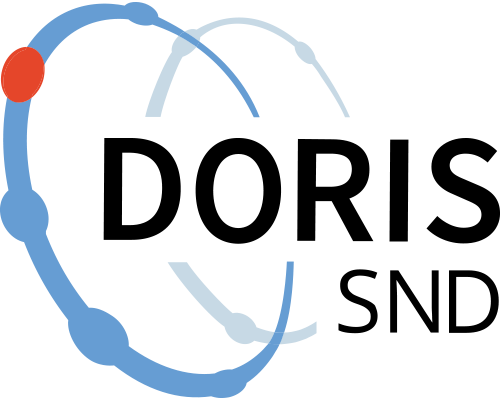H70, cohort 4: 75-year-olds born in 1915/16
H70 is one of the longitudinal population studies from Gothenburg where representative study samples of older people have been followed over a long period of time (metadata related to the H85, 95+ and Prospective Population Study of Women studies can be found under the Related studies tab).
H70 is a population-based study of normative aging in 70 year old populations which focuses on both medical and cognitive measures. H70 started in 1971 with the recruitment of 973 70-year-olds born in 1901-02 and participants have been intermittently followed for up to 30 years. Additional birth cohorts of 70-year-olds as well as 75-year-olds have also been studied and all cohorts have been followed to some extent longitudinally. The H70 study is coordinated by several research groups, primarily Geriatrics, Primary Health Care, Psychiatry, and Epidemiology.
The examination procedures at each study have been retained as identical as possible to provide results that can be compared over time. The study comprises a psychiatric interview, physical examination, a close informant interview, blood samples with extensive laboratory analysis and psychological tests. It also includes collecting data related to socioeconomic status, marital status, living conditions, housing situation, education, religion, hobbies and life events. Neurobiological investigations in the form of computed tomography (CT) and magnetic resonance imaging (MRI) of the brain and spinal puncture and analysis of brain-spinal fluid are also carried out. Register data from all the major hospitals, geriatric and psychiatric institutions and outpatient clinics in Gothenburg is evaluated to find cases of psychological and somatic diseases. Dementia, depression, psychotic disorders, sleep disorders, anxiety disorders, and post-traumatic stress disorder (PTSD) are diagnosed according to DSM-III-R and DSM-IV. Somatic diseases are classified according to established criteria.
Purpose:
The original aim was:
1. To contribute to the knowledge of normal ageing processes and of normal conditions within the age group
2. To make a survey of the social and medical conditions of the population.
3. To obtain basic data for planning the care of the elderly and
4. To offer the subjects a thorough medical examination
In 1990 a cohort of 75-year-olds born in 1915 were included in the H70 study. These individuals were also part of the Nordic study NORA, which is a side-examination of H70. At baseline 323 individuals participated (143 men and 180 women), which represents a response rate of 72% in total. Participants were followed up at age 80. The study surveys have been conducted in 1990 and 1995.
Go to data source
Opens in a new tabhttps://www.gu.se/forskning/h70-studierna-i-goteborg
Citation and access
Citation and access
Data access level:
Creator/Principal investigator(s):
- Ingmar Skoog - University of Gothenburg - Institute of Neuroscience and Physiology
Research principal:
Data contains personal data:
No
